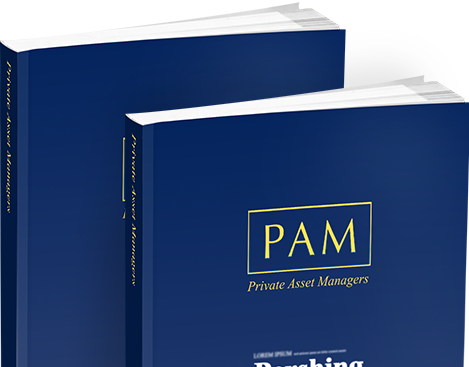You should set realistic targets of what you want to achieve and when you want to achieve these objectives. These targets should be measurable, so you know when you have achieved them. For example, instead of saying you want to be comfortable in retirement, set specific targets, such as an index linked annual income of £50,000.
In drawing up your goals, do not neglect insurance (notably life and critical illness insurance, as well as income protection) and a reserve of capital for emergencies. There is little point in saving for retirement, if you have not retained sufficient money to cover unexpected events, such as medical emergencies, or periods without income.
Your objectives will comprise short and long-term goals and you will need to prioritise them according to the importance you attach to each of them.
Objectives can be hard to evaluate and plan for. As an example, you need to decide how much money you want to set aside for emergencies. Should it be three months income, six months or even a year's income? This decision will be influenced by your level of income, other assets you own and the amount of risk you want to take with your financial affairs. An objective that is common to everyone is to achieve sufficient income for retirement.
The other set of objectives you have will fall in between those required to meet unexpected events and retirement planning. It will be possible to identify these objectives and know you want to achieve them before retirement, such as saving for your children's education, weddings and luxury items, such as expensive cars, or a sabbatical. You will need to prioritise these objectives, put a monetary value on them and a timeframe by when you would like to achieve them.
A challenge, as well as a benefit, is the greater life expectancy people now enjoy. This means there are generally more generations around to use capital and a greater strain on the use of capital by the older generation who may have stopped work. They may suffer ill health and thus require expensive care and may not pass wealth down to the next generation as before.
The PAM Directory is a comprehensive guide on comparative data focusing on asset managers, investment managers, private banks, stockbrokers, wealth managers and multi-family offices, who provide discretionary and/or advisory portfolio management services for private clients.
Order Now
Subscribe to PAM to hear about the latest news and promotions
Site Content Copyright PAM Insight Ltd 2016
This option is not available when logged in as a Private Asset Manager.
For registering with PAMonline. You should now receive an email asking you to verify your email address. If you do not receive this email, please call +44 (0)207 967 1601 for assistance.
To reset your password please enter code below.
To restore your password please enter your email below.
To see full information of the Private Asset Managers, plus the opportunity to rate and follow, login or register
For registering with PAMonline.
You should now receive an email asking you to verify your email address.
If you do not receive this email, please call +44 (0)207 967 1601 for assistance.
To return to the Home page, click here
To see full information of the Private Asset Managers,
plus the opportunity to rate and follow, login or register.
Please fill in all the fields.
To activate your account enter valid activation code below.
To resend activation email type in your registered email address below. Or contact the PAM office on +44 (0)20 7967 1608 to get instructions to activate your account.
